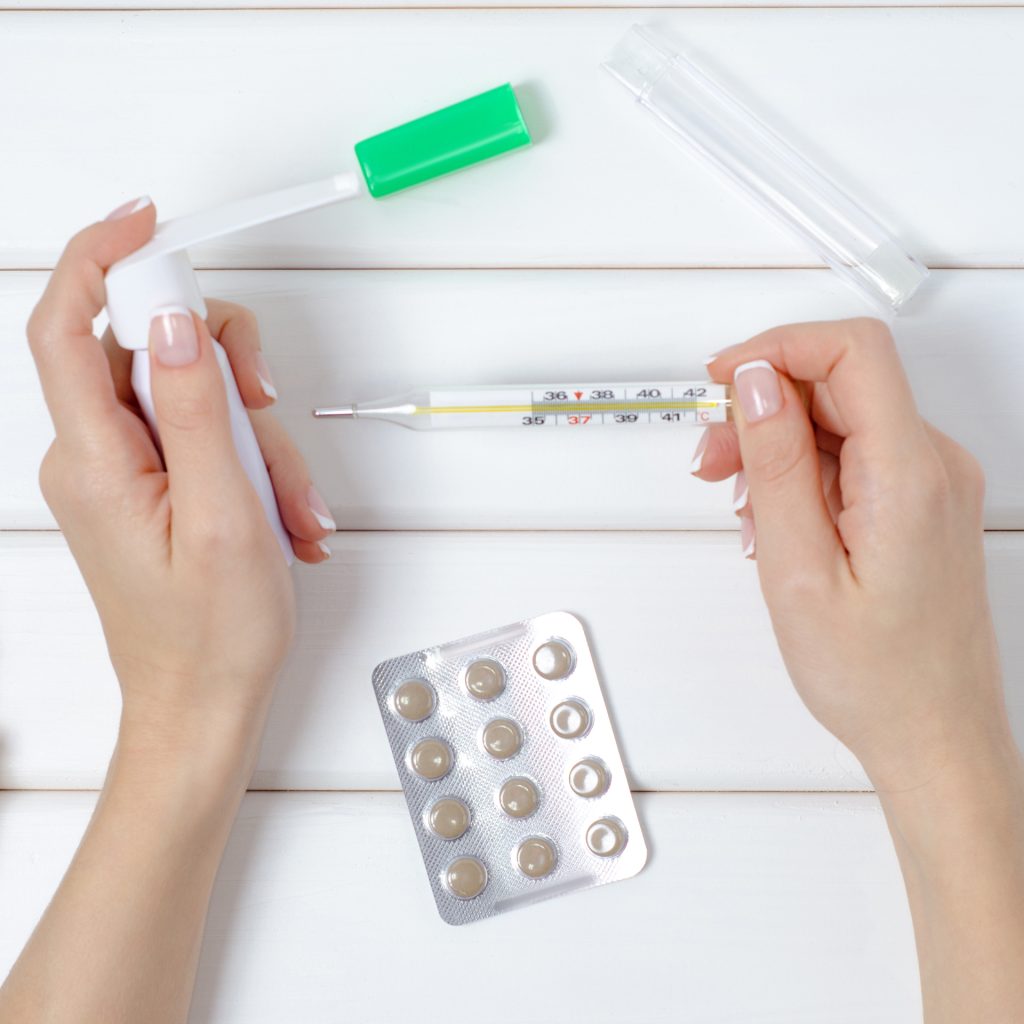Frequently Asked Questions
Home » Patient Center » Frequently Asked Questions
We are dedicated to providing you with the knowledge and comfort every women deserves. Below you will find a list of frequently asked questions and other important information. We look forward to guiding you through your successful journey of pregnancy and birth.
Pregnancy Office Visit FAQ
Q: What is my first office visit like?
Q: How often will I visit the practice?
Your first visit will be when you are seven-eight weeks pregnant. We will then see you every four weeks until you are 28 weeks along. From 28-36 weeks, we will see you every other week. In the last month of your pregnancy we will see you weekly. Sometimes, we need to see mothers more frequently. Your prenatal care will be specifically tailored to you and your pregnancy.
Q: When will I have an ultrasound?
We almost always do an ultrasound during your first visit, but if it’s too early to see the baby’s heartbeat, we’ll schedule the procedure for the second appointment. You’ll see your baby on the ultrasound again around 18-20 weeks. Your insurance typically covers both ultrasounds.
Labor & Delivery FAQ

Q: Who will deliver my baby?
At Peachtree Women’s Specialists, your baby will always be delivered by a physician. During your first pregnancy visit, you will meet with your primary physician, and you’ll continue to see that doctor until halfway through your pregnancy. During subsequent appointments, you will meet with the rest of our obstetricians. We want to know you and we want you to know us. Deliveries are never predictable, and you will be delivered by the physician on call. If you have a scheduled delivery, we try to schedule it with your primary physician.
FAQs During Pregnancy
BABY'S MOVEMENTS
Most first-time mothers do not feel the baby move inside them until about 20 weeks (five months), although you might feel the baby move sooner during subsequent pregnancies. We describe the first feelings as a “flutter”. Your partner might not be able to feel the baby move until the seventh month.
EXERCISE AND PREGNANCY
Staying fit or becoming fit during pregnancy should be a priority, and many activities can be continued or even started during pregnancy, like walking or pregnancy yoga classes. As you exercise, you may notice that you are becoming short of breath more quickly than before you were pregnant. This is because your blood volume increases early in your pregnancy and your heart is working harder. Pay attention to your body and don’t overdo it. Stay hydrated and stop if you feel faint, dizzy, light-headed or winded. Talk to your doctor about what exercise might be right for you.
SEX DURING PREGNANCY
It is usually safe to continue to have intercourse during pregnancy. Occasionally, circumstances such as cervical problems or the placement of the placenta over the cervix may require you to stop having sex during pregnancy. Your doctor will advise you.
BLOODY SHOW
Bloody show, or passing your mucous plug, is a bloody, mucous discharge and indicates that labor may be on the way. It is not bright, red bleeding, and if you experience this, call us right away. If you are at term, there is no need to report bloody show to us, but if you are months before your due date, we need to know if you have the discharge.
SWELLING
Swelling of the hands and feet is usually normal during pregnancy and can sometimes be painful. Sitting or standing in place can aggravate swelling, so move your ankles in a circle and walk around when you can. You may need special compression stockings. Many women develop carpal tunnel syndrome as their pregnancy progresses, which causes tingling, pain or numbness in the fingertips. Carpal tunnel wrist braces are available at most pharmacies, but if your case is severe, you may need to see an orthopedic surgeon.
If your face swells, this may be a sign of preeclampsia or toxemia of pregnancy. We need to see you very soon if your face swells.
PREECLAMPSIA/TOXEMIA OF PREGNANCY
Preeclampsia/Toxemia of Pregnancy is a medical condition characterized by high blood pressure and significant amounts of protein in the urine of a pregnant woman, and the only “cure” is delivery. Signs and symptoms include headache, visual changes, elevated blood pressure, protein in the urine and changes in our blood work. We check for all of these symptoms at every pregnancy visit. The condition is most common for first pregnancies, for very young or older mothers and mothers carrying multiples.
BRAXTON HICKS
Braxton Hicks contractions are episodes of painless tightening of the uterus. They are not labor, but it’s not always easy to tell the difference. If you are having frequent or painful uterine tightening, let your doctor know. Please call 404-355-1285 if you are experiencing tightening more than 5 to 6 times per hour.
How Much Water Should I Drink During Pregnancy and Breastfeeding?
The rule of thumb is to drink when you are thirsty. Recommended water intake is 1 oz per 1 kilogram of your weight. The formula for converting pounds to kilograms is to divide your weight by 2.205, which results to nearly half of your weight in pounds. Example: 120lbs /2.205 = 54kg = 54ozs of water. Also keep in mind that urine should be the color of lemonade. Orange urine indicates you need more fluid (fluid deficit) and clear/colorless urine indicates fluid overload (overhydration).



